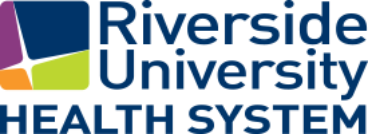The mission of the Internal Medicine residency program aligns with that of Riverside University Health System in that we are dedicated to train competent, compassionate and professional physicians in a community-based program with a focus on caring for underserved and underrepresented patient populations. We will train the residents to provide quality care, to practice evidence-based, compassionate medicine and to become leaders in the healthcare field. As a program, we will strive to create and promote a learning environment that is conducive to training compassionate and ethical physicians. Our program will guide and mentor residents to achieve overall clinical and academic excellence. We aim to provide well rounded training in all fields of internal medicine, hospital-based care and ambulatory-based primary care. We commit to fostering excellence and well-being in our residency program, supporting and contributing to the research mission of our healthcare system and promoting social justice through delivery of comprehensive health care without regard to race, sexual orientation, social status, or ability to pay.
AIMS
We strive to:
- Produce competent and independent internists who have the ability to provide comprehensive care for a diverse population of medically underserved patients in both inpatient and outpatient settings through their practice of primary care, hospital medicine and medical subspecialties.
- Train physicians to understand the challenges and rewards of providing complex medical care in an underserved region.
- Provide a pipeline of qualified internists to provide medical care in underserved regions.
- Instill a commitment to lifelong learning in all residents.
- Train residents in the practices of quality improvement and patient safety.
- Foster socially well-adjusted residents through a programmatic focus on physician well-being.
- Develop resilient, humanistic, patient-centered physicians who provide whole person care to patients with complex medical and psychosocial needs in a program which promotes resident wellness, diversity and inclusion.
- Train residents to become proficient in the creation of new knowledge through research, medical education or quality improvement projects with the aim of improving patient safety and the delivery of healthcare.

